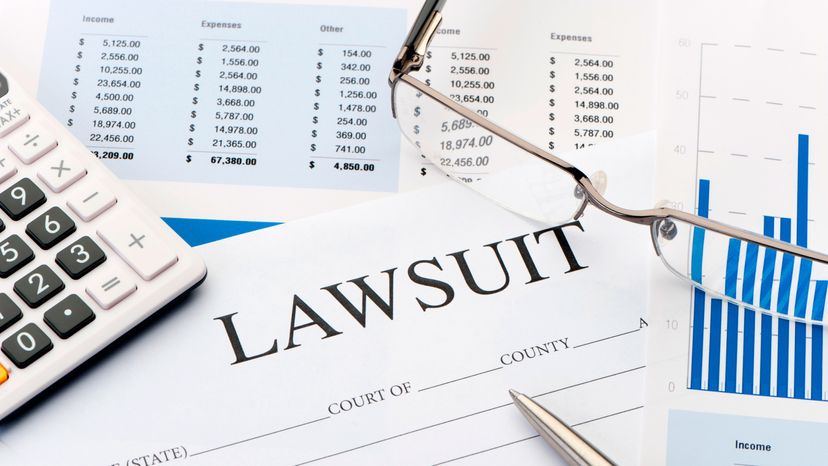
Think the video game industry is all fun and games? Think again. Video games have been the subject of some very monumental lawsuits over the years, and issues involving developers, characters, controversies, and merchandise have tied up courts around the world and resulted in multi-million dollar judgments and settlements. And nobody in the video game world seems to be safe. Everyone from Pac-Man to Donkey Kong has been dragged into ugly legal battles over the years. Here is a list of 11 video games that resulted in major lawsuits.
Advertisement